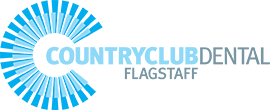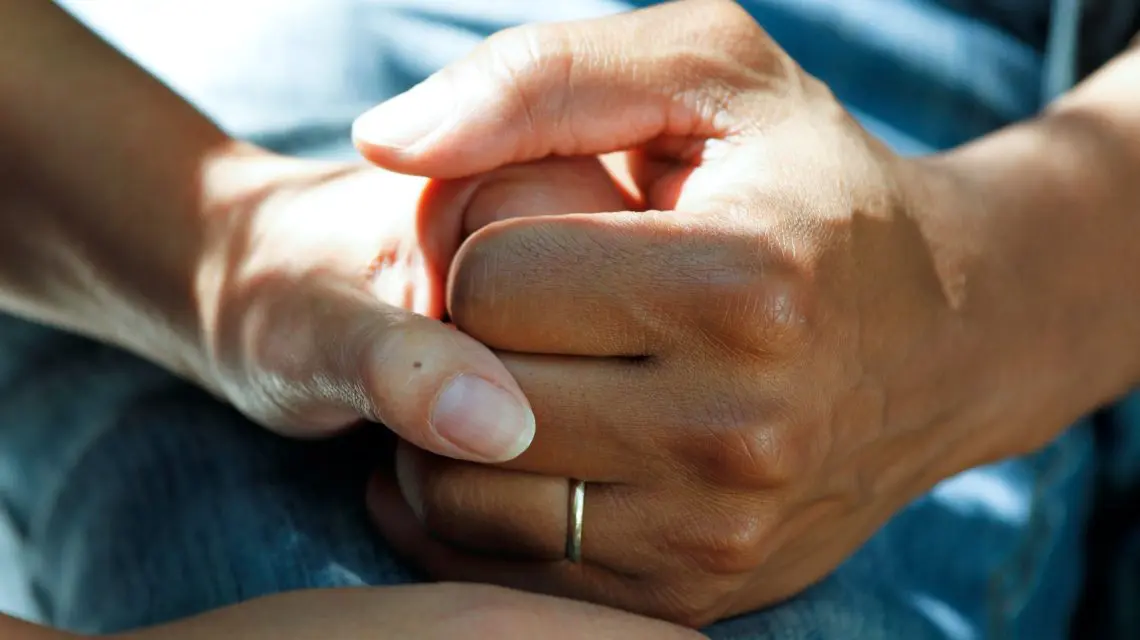Impacts of Cancer on The Mouth
The National Institute of Dental and Craniofacial Research estimates that one-third of all cancer patients develop oral health problems that make it difficult to eat, talk and swallow. Although cancer itself may lead to some dental issues, radiation and chemotherapy treatments have a range of side effects on the mouth.
Radiation of the head and neck can damage the salivary glands, greatly reducing the amount of saliva that is produced. Chemotherapy, which targets certain cells in order to kill off the cancerous ones, can also kill healthy cells in the mouth. These therapies are also known to compromise the immune system which can make it difficult for the body to fight off disease and infection.
Dental and Oral Side Effects of Cancer Treatments
Your mouth is a delicate environment. When something causes it to become unbalanced like a change in PH or the loss of healthy bacteria, it can be at risk for infection. Symptoms or side effects of the mouth caused by cancer or its treatment may include:
- Dry mouth
- Sore mouth and gums
- Thickened saliva
- Change in taste
- Mouth sores and ulcers
- Difficulty swallowing, chewing or opening the mouth
- Jaw stiffness
- Severe tooth decay
- Infections
- Bone disease
- Inflammation or pain in the lining of the mouth and tongue
- Higher risk gum disease
How to Maintain Oral Health Before, During & After
If you or someone you love is undergoing radiation or chemotherapy, you’ll want to take a few preventative steps to ensure oral health.
Before. If your mouth is not as healthy as possible before you start cancer treatments, you may be at a greater risk of developing infection and disease. You should visit your dentist in advance of your treatments in order take care of any dental work that needs to be done and to discuss how to keep your mouth clean and healthy.
During. Eating nutritious foods, drinking lots of water, regular brushing and flossing, and ceasing tobacco use are steps you can take to help maintain oral health during treatments. Rinsing your mouth with a homemade salt, baking soda, and water solution is also helpful to keep the mouth clean and treat sores or wash your mouth after vomiting. Exercising your jaw a few times a day will help to prevent some jaw stiffness. Talking to your dentist about using a fluoride gel to prevent tooth decay is also a good option for some patients. If you are experiencing any mouth pain be sure to give your dentist a call.
After. Maintaining your oral health after cancer treatments is similar to the steps you’ll take during treatments. Stay vigilant with your oral health regimen, eat nutritious foods, avoid tobacco and visit your dentist on a regular basis.
Dentist in Flagstaff
If you are looking for a dentist in Flagstaff, Dr. Paul Whitney has been practicing for over three decades. His vast experience and gentle approach to dentistry mean that you’ll leave the office feeling better than when you came in. Schedule an appointment with us today.


